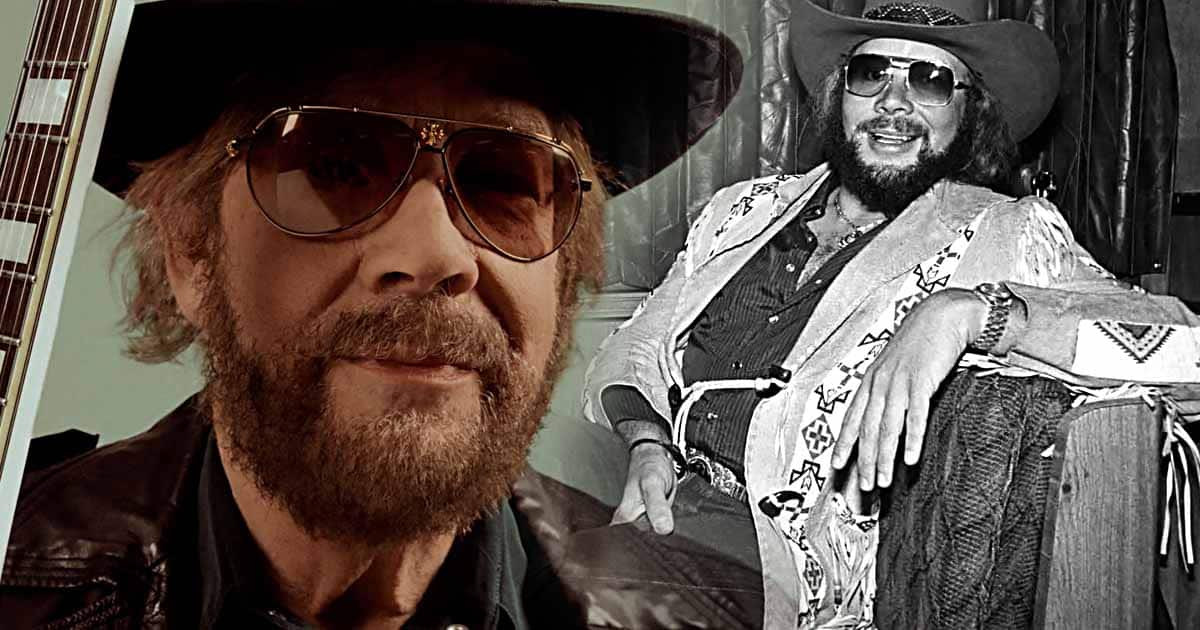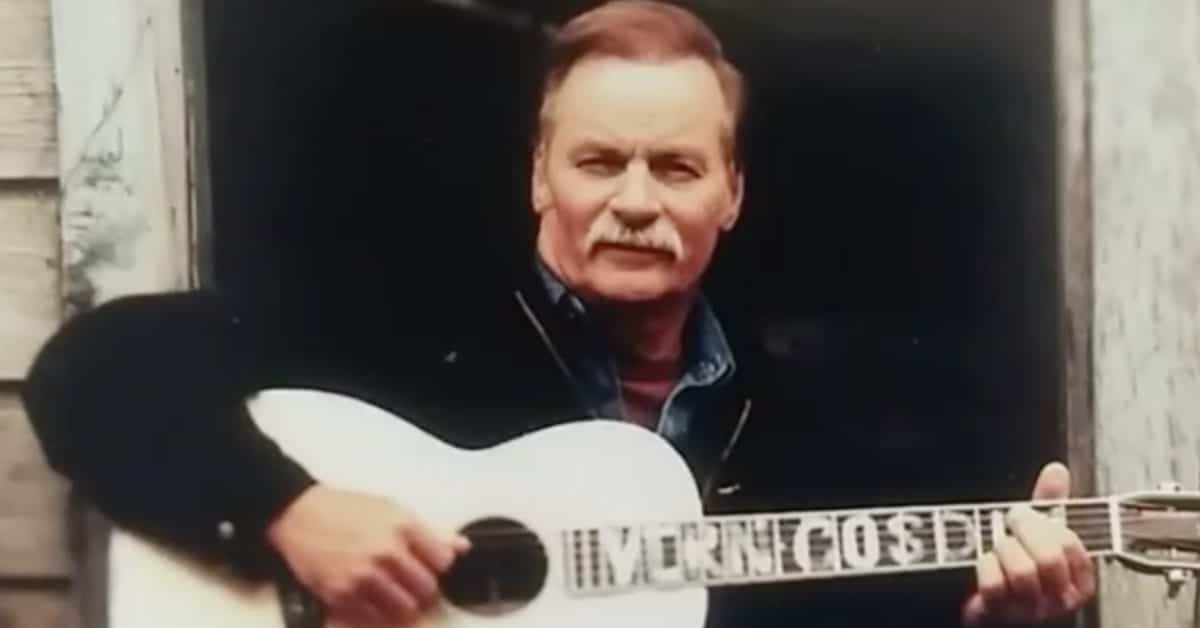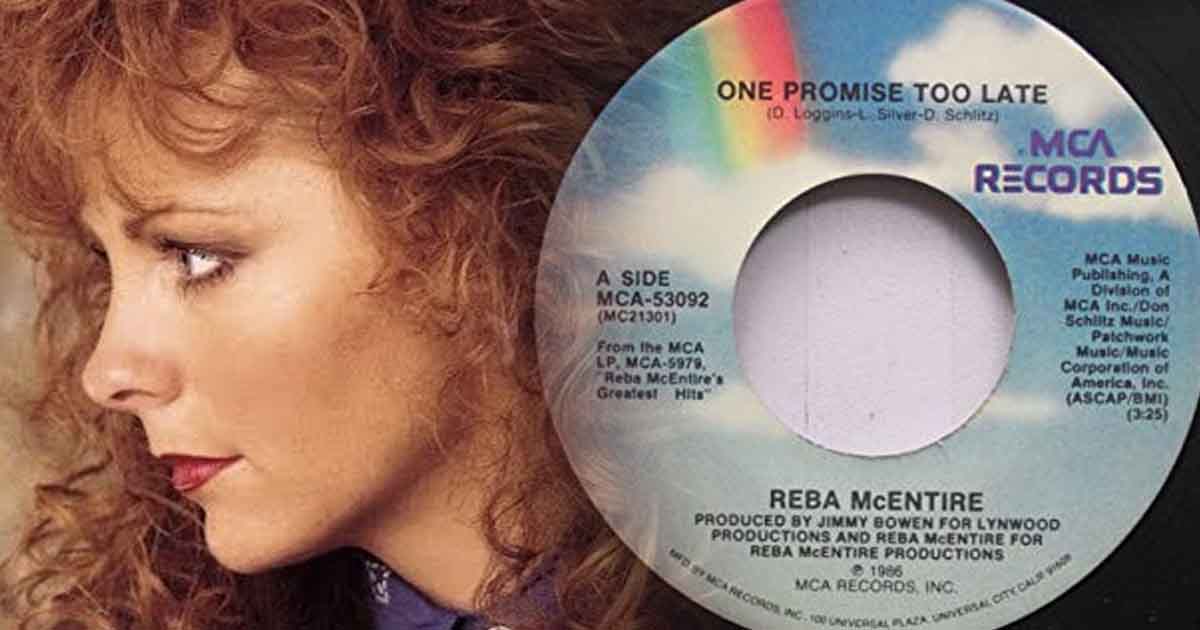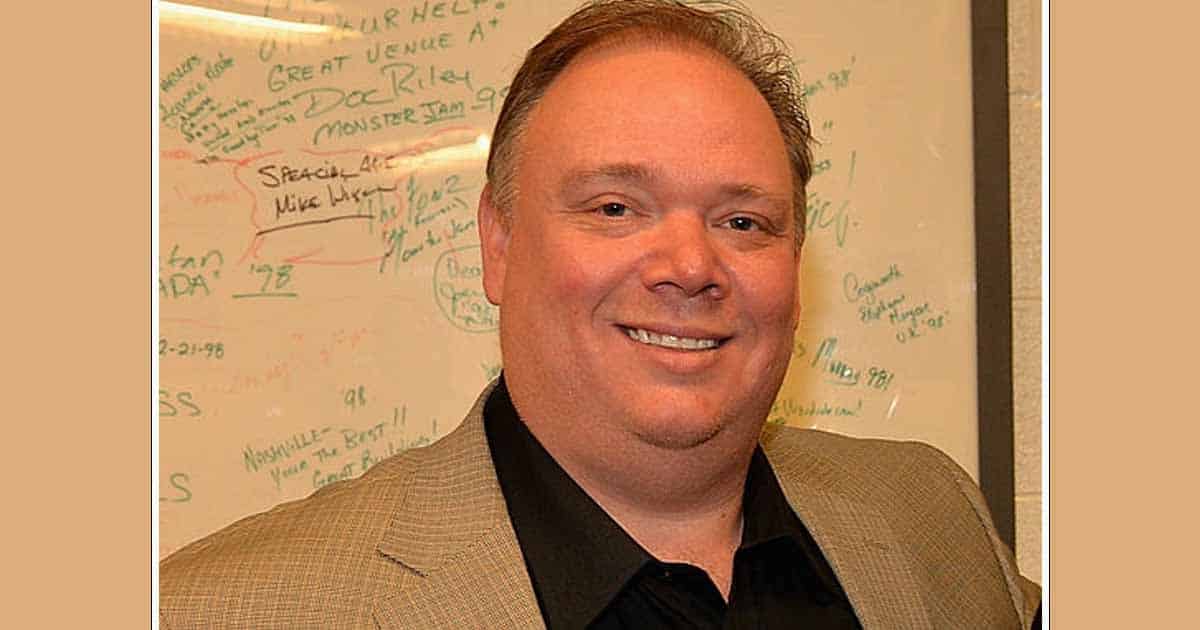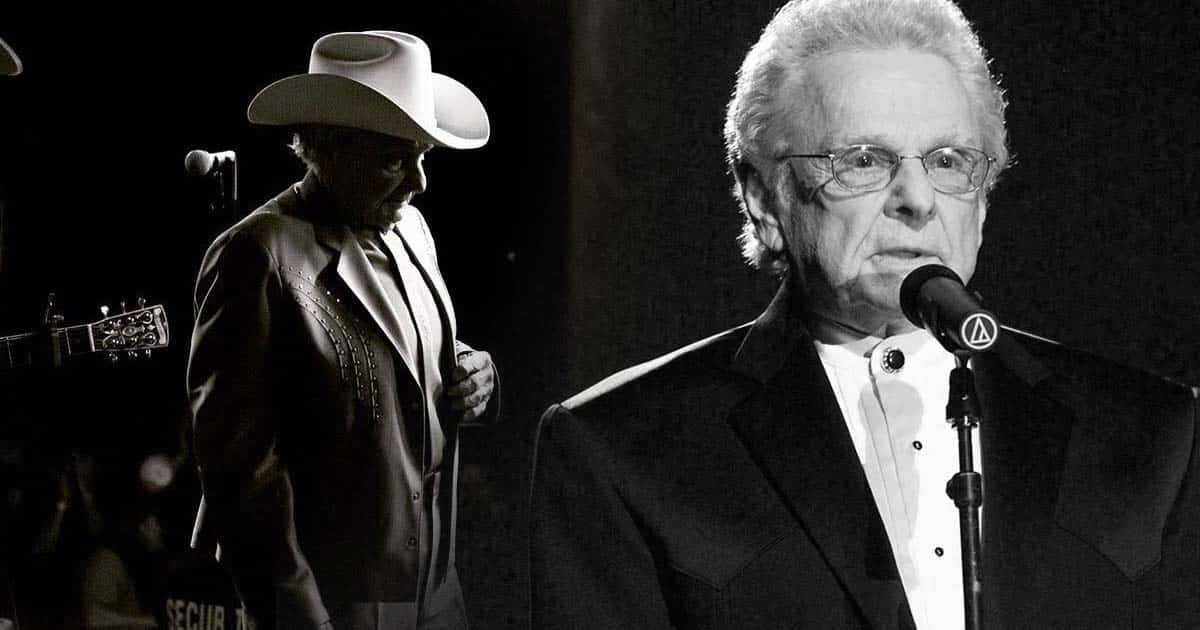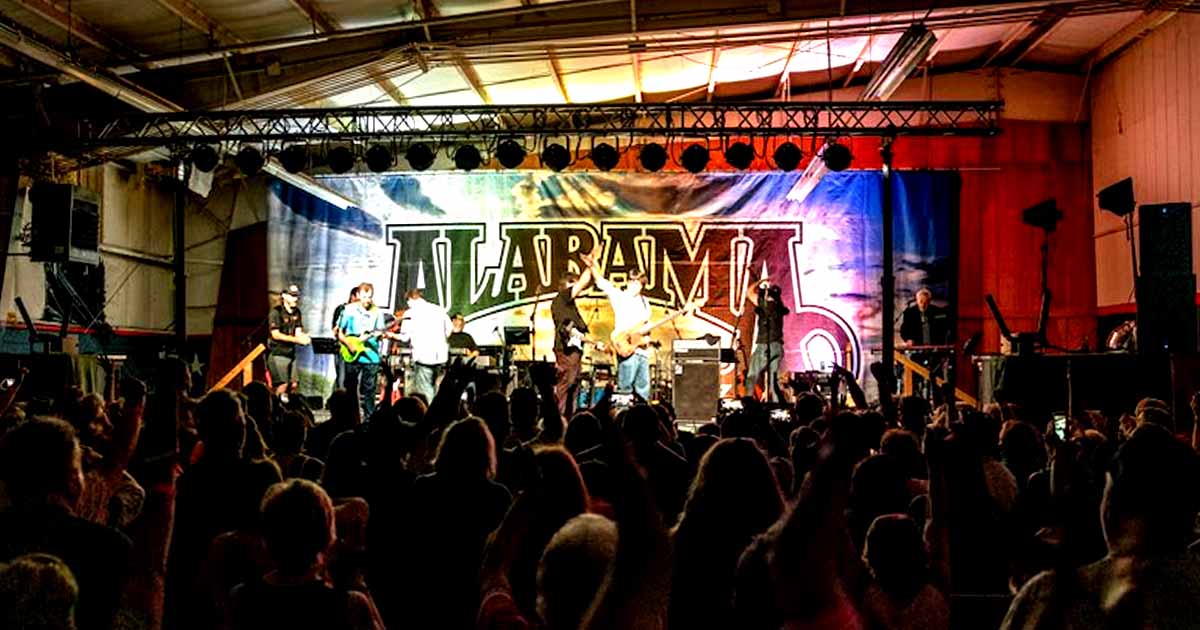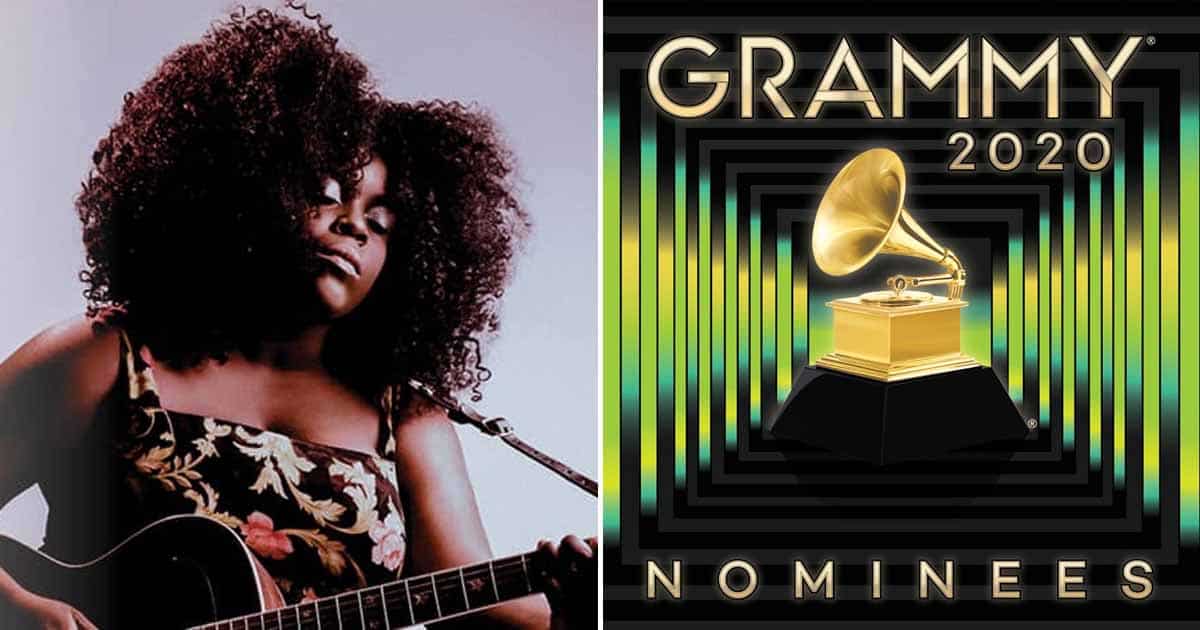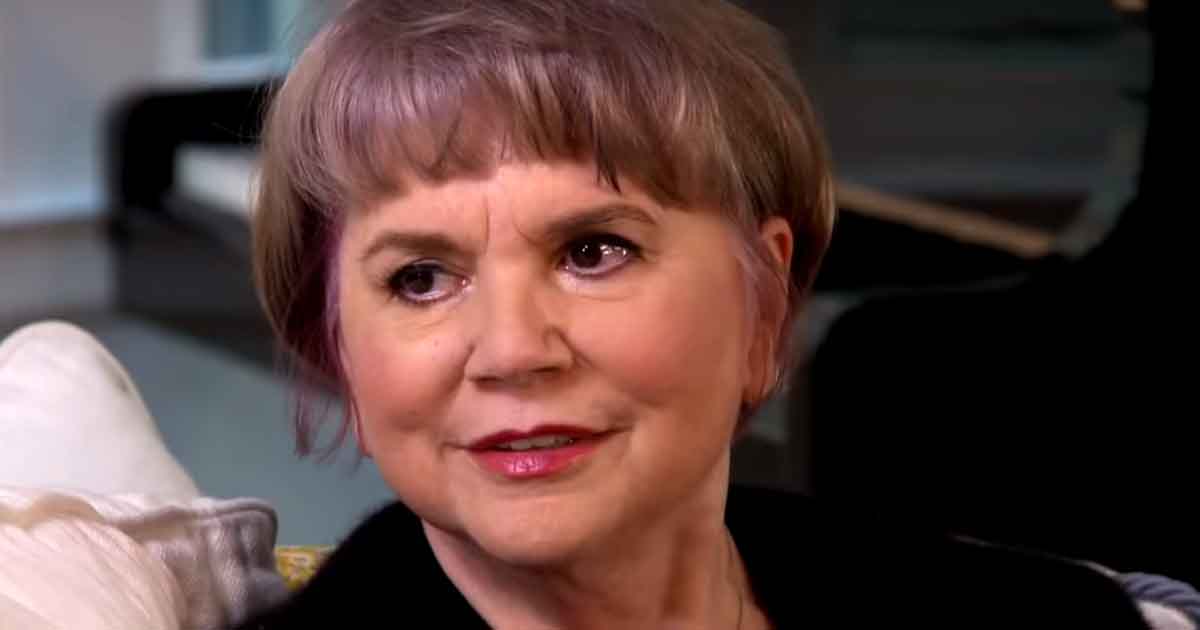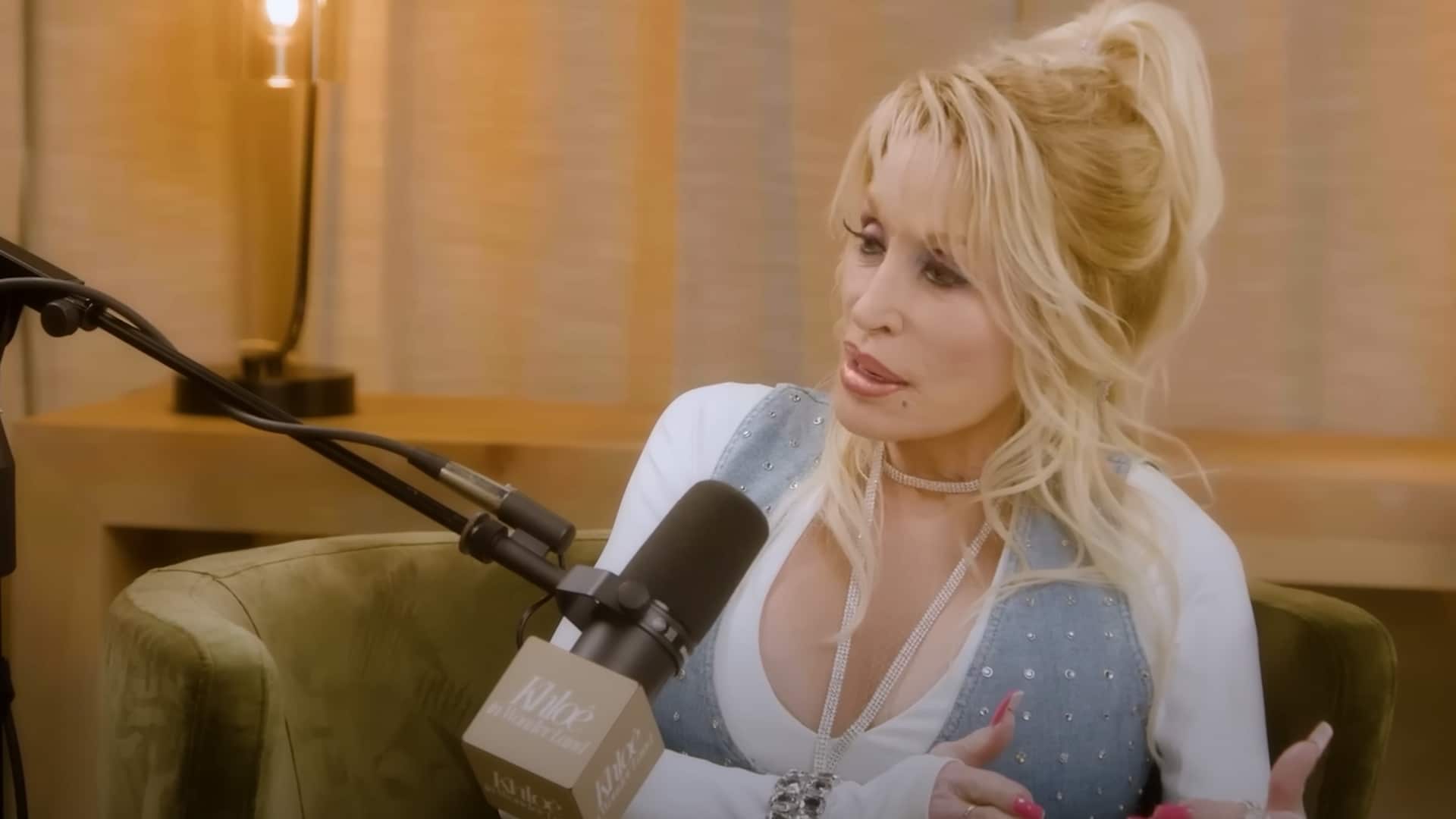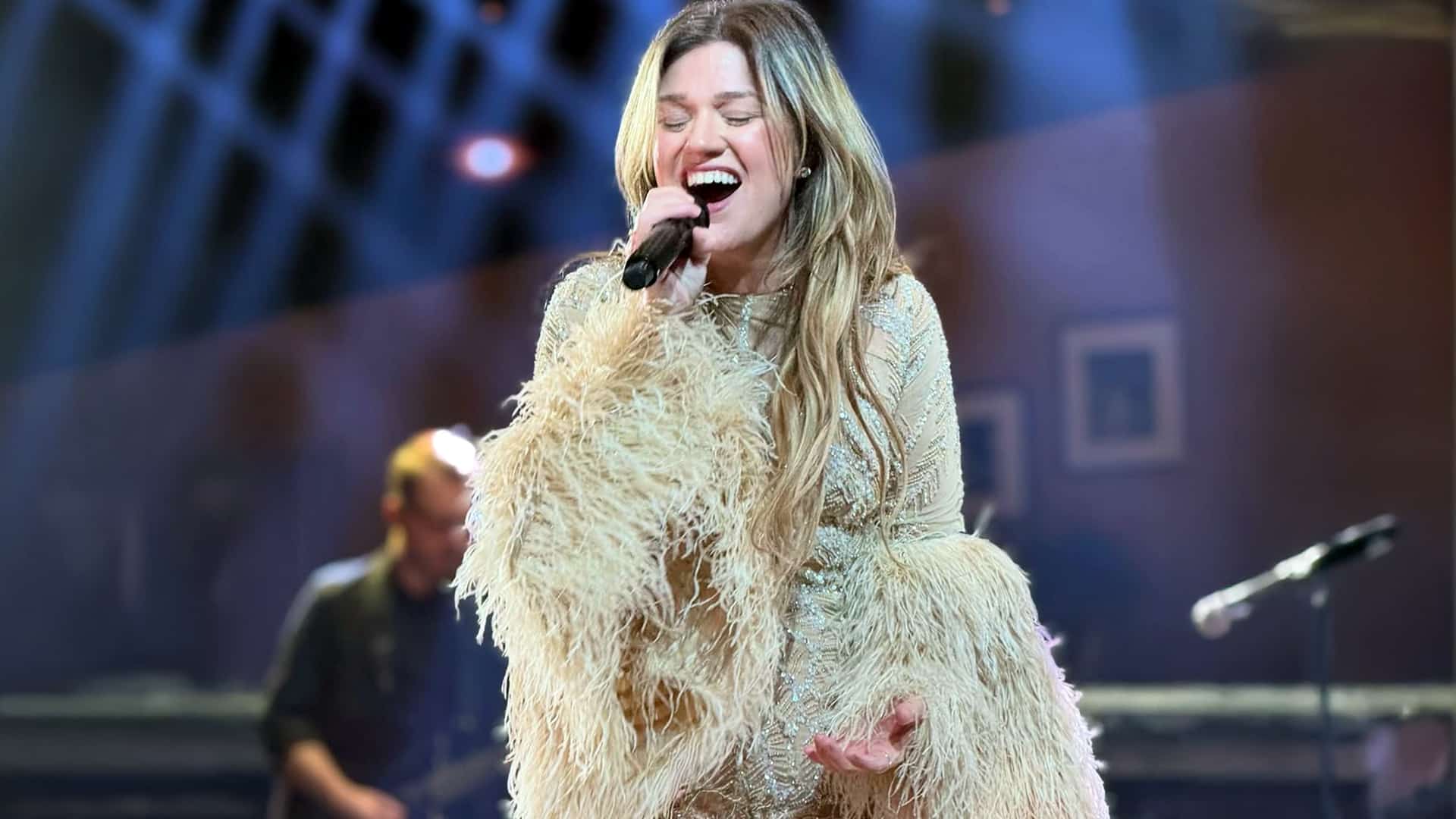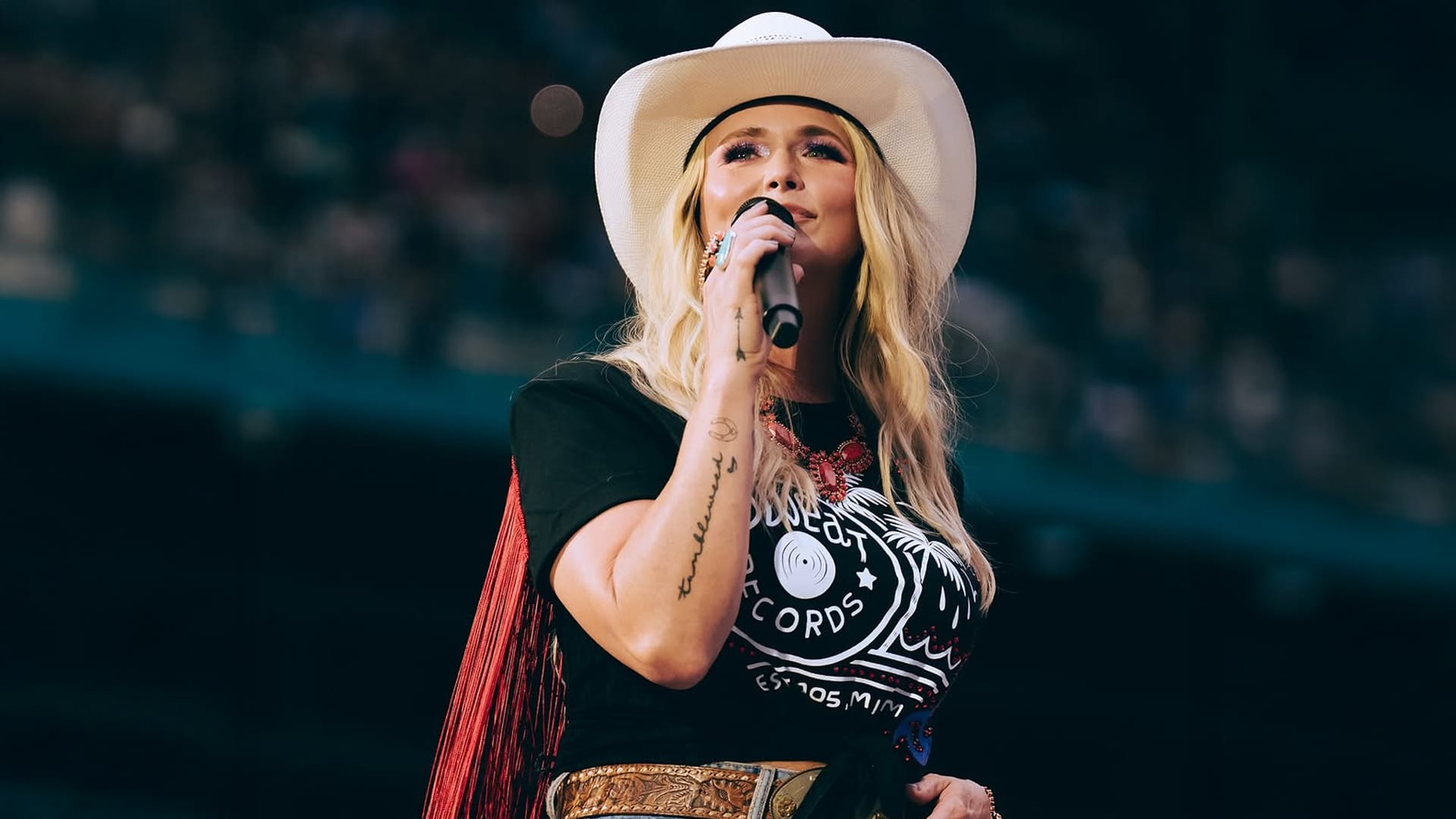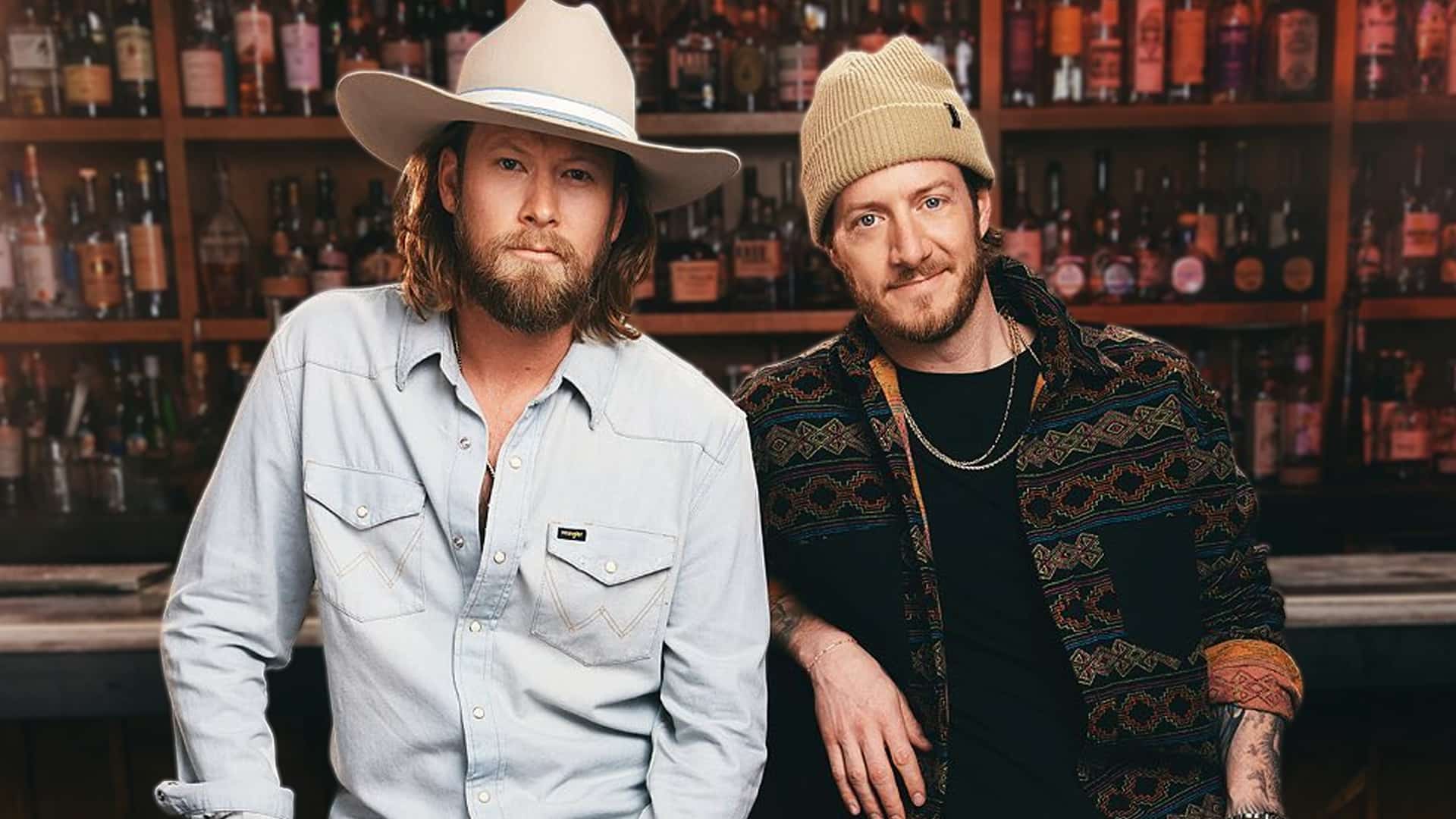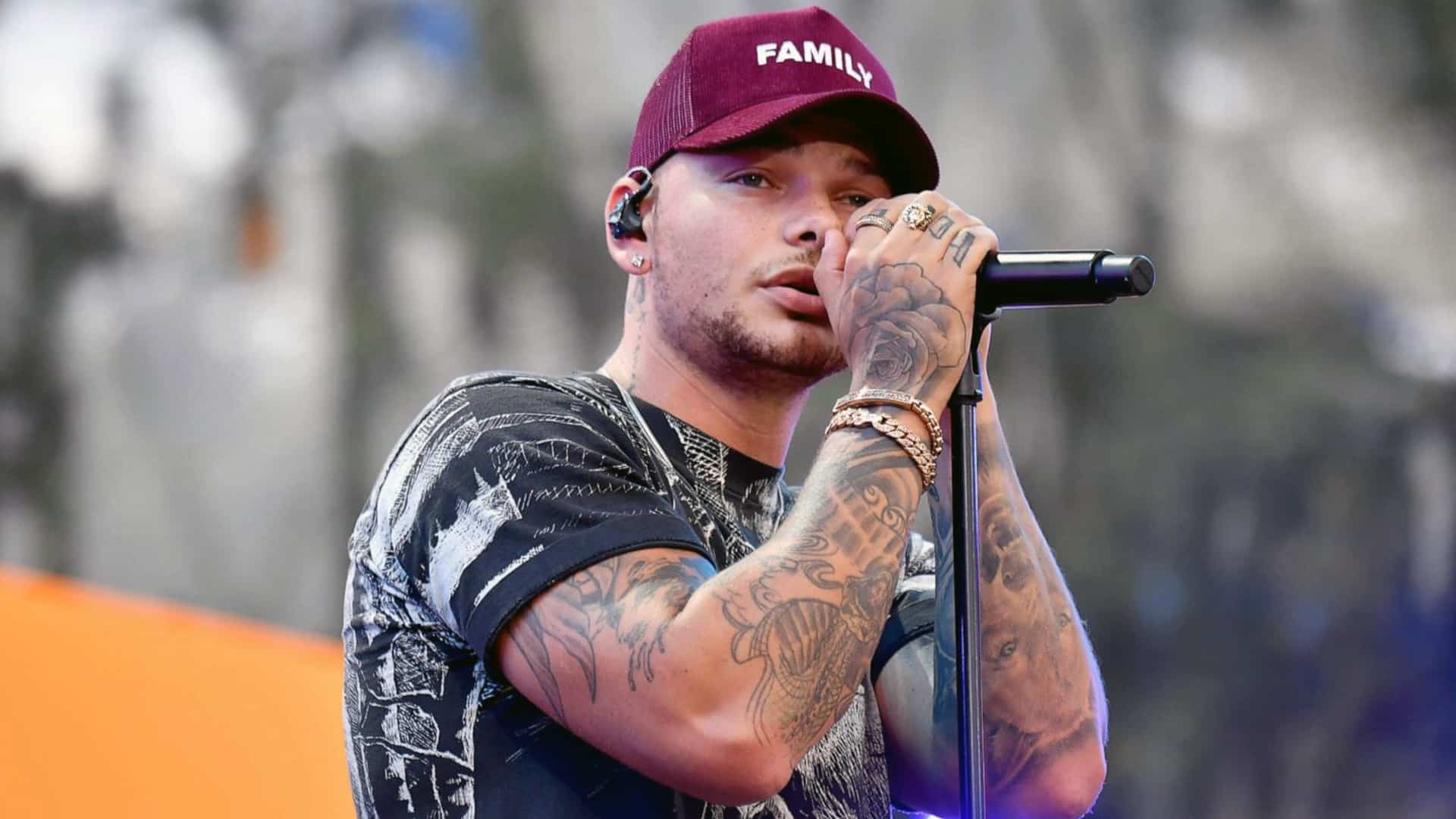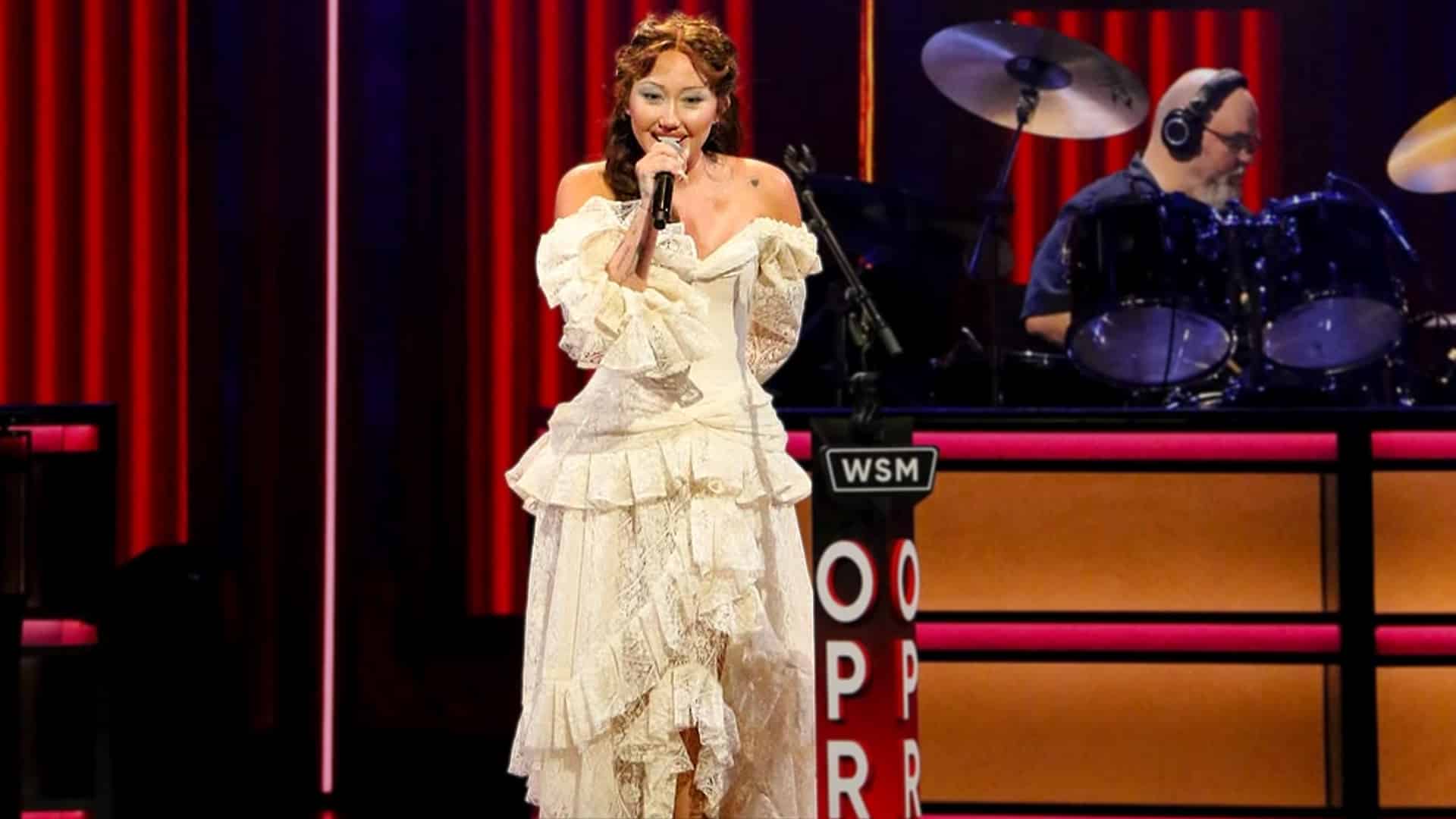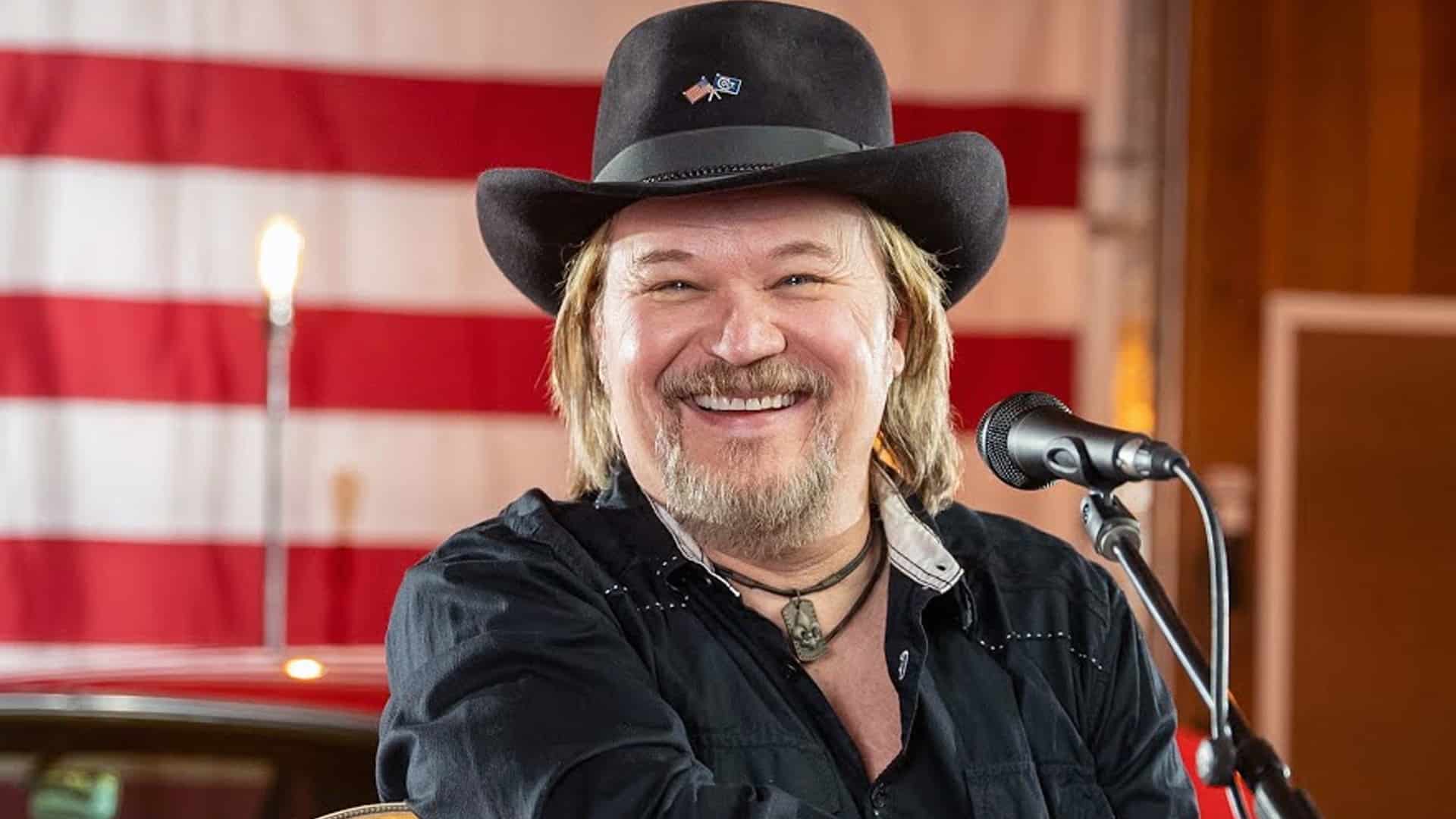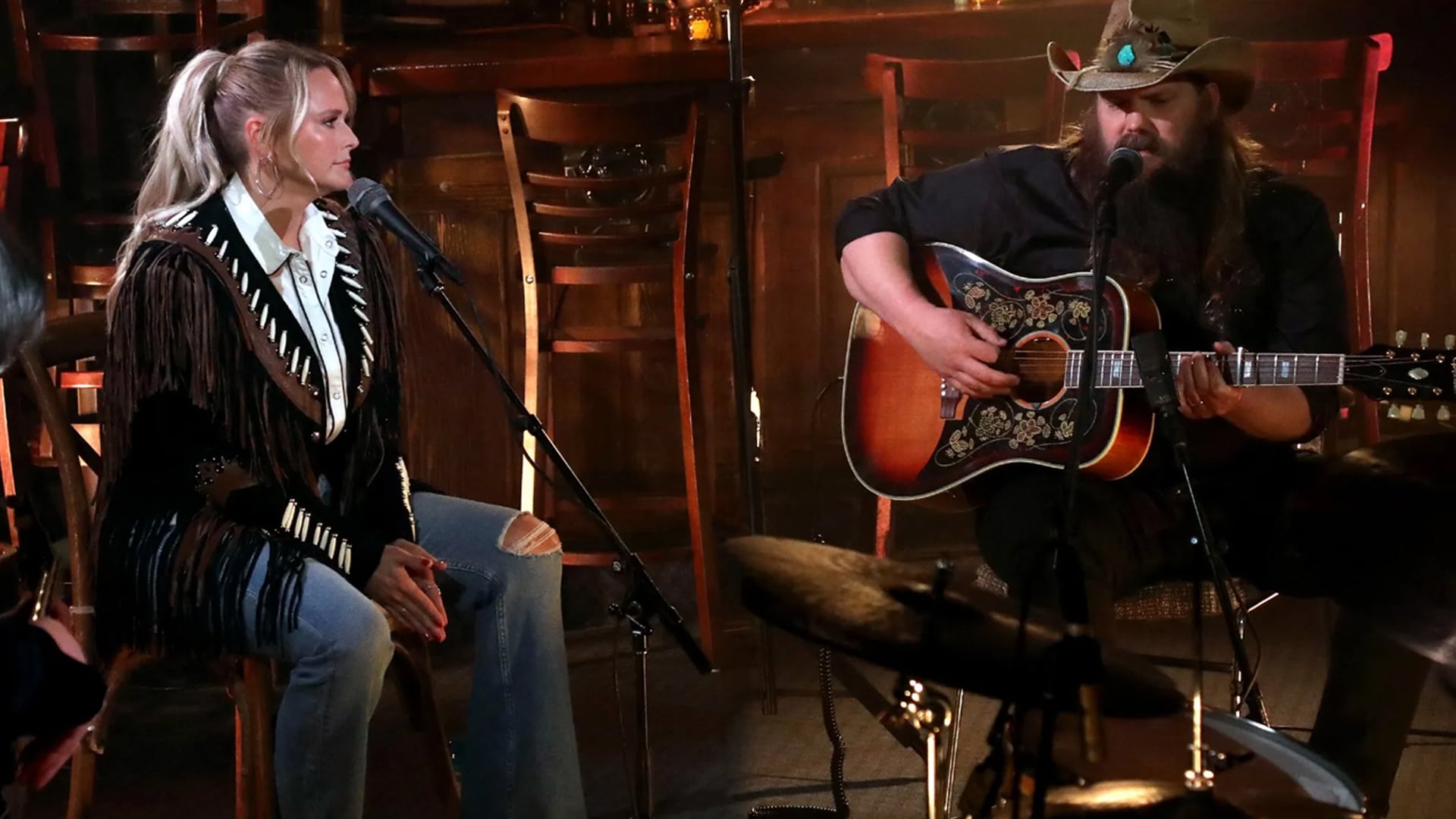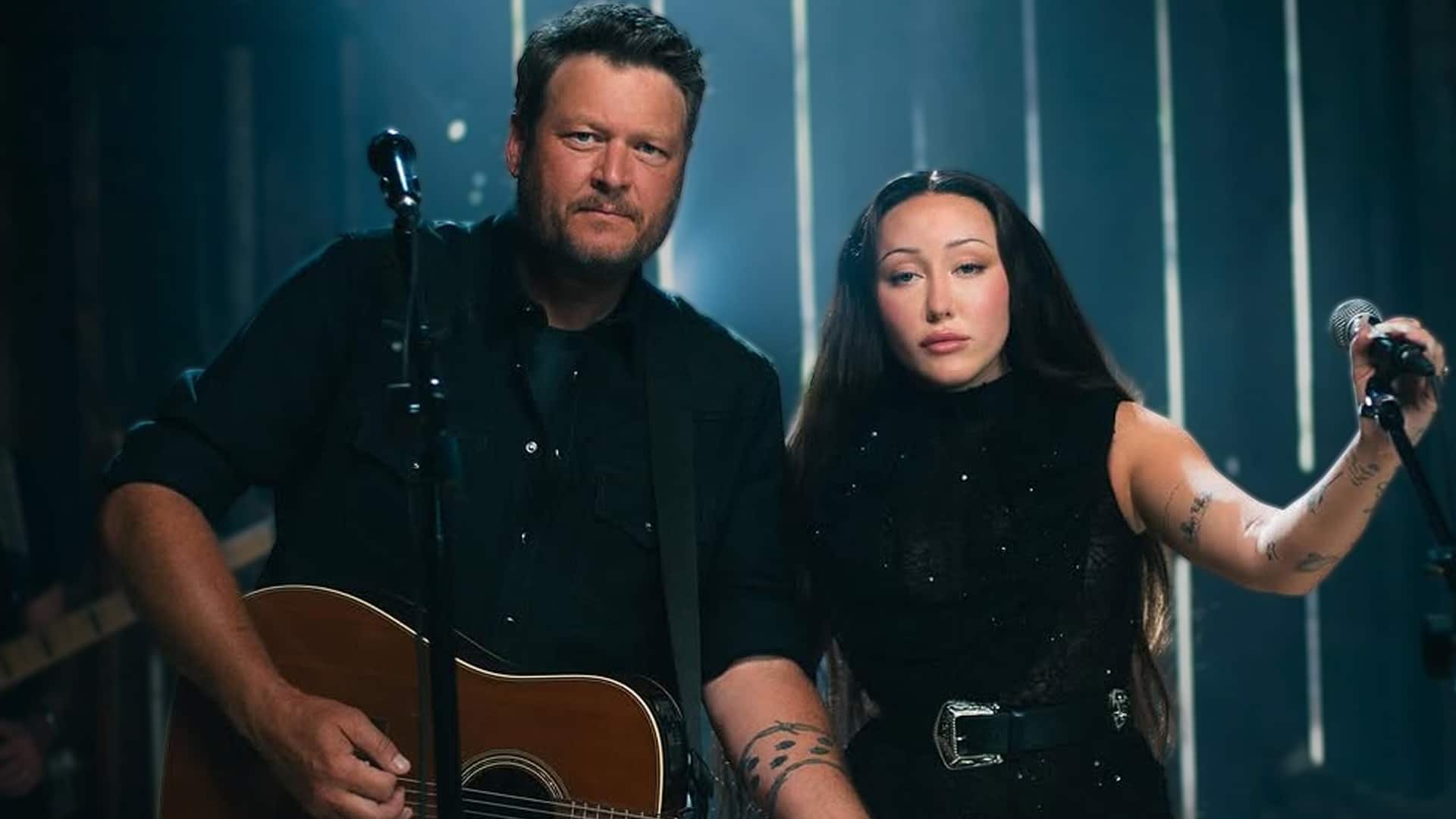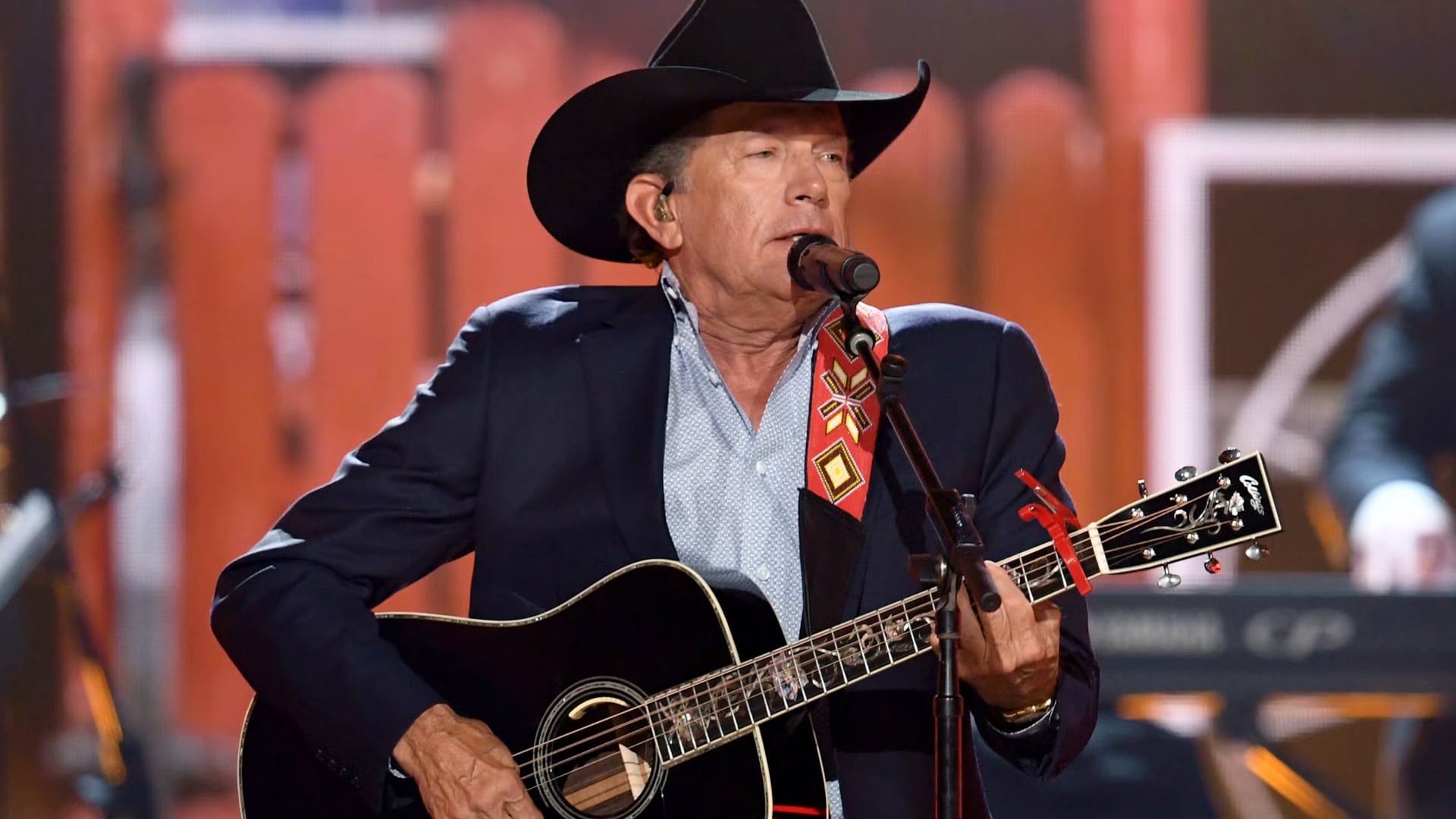Hank Williams Jr. may have had an edge as an artist because of his name, but the facts show that even without it – he would have still made it. And he would still have made it big.
Trigger Warning (TW): Mention of Suicide and Death
If you or someone you know is affected by any of the issues raised in this story, call the National Suicide Prevention Lifeline at 800-273-TALK (8255) or text Crisis Text Line at 741741 or go to SpeakingOfSuicide.com/resources for additional resources.
Artists who were born into the lineage of legendary musicians all shoulder the heavy expectation that comes with their name. And it’s never easy to really come up on stage and define yourself and your music apart from your name. And for Hank Williams Jr., for quite the early part of his career, as he followed through his father’s famed footsteps, he covered his father’s songs and imitated his style. He was even dubbed as a ‘Hank Williams impersonator.’ But as he grew, he found his own creativity and musical direction and made a name and signature for himself.
RELATED: 15 Hank Williams Jr. Songs That Show Why He Stands As A Musical Legend
But besides his well-decorated career, what else do we know about him? Let’s take a look at these 10 interesting facts about Hank Williams Jr. to get to know him better.
1. Hank Williams Jr. was born in Shreveport, Louisiana.
Hank Williams Jr. was born on May 26, 1949, as Randall Hank Williams to parents Hank and Audrey Williams in Shreveport, Louisiana. And just like his father, he was very into music. When he attended John Overton High School in Nashville, he would bring his guitar to music class, pep rallies, and even choir performances.
2. He was surrounded by great musicians when he was a child.
When he was just a child, he was surrounded by many contemporary musicians. Many of them visited his home and family and taught him different instruments and styles. Among these legendary figures were Merle Haggard, Johnny Cash, and Jerry Lee Lewis. And now, he is not only a singer but also a talented multi-instrumentalist.
3. His father, Hank Williams, gave him the nickname ‘Bocephus.’
You might be familiar with the name Bocephus as Hank Williams Jr. uses this as one of his professional stage names. And this was actually given to him by his father after the Grand Ole Opry comedian Rod Brasfield’s ventriloquist dummy.
4. He made his recording debut at just 14 years old.
Hank Williams Jr. started his music career at a very young age. He was just 3 when his father died, and his mother encouraged him early to play his dad’s catalog. In a 2015 interview with Oklahoman, Hank Jr. confessed that after his dad died, things were very difficult as everyone looked at him like he was supposed to fill his father’s shoes and be just like him.
He was 8 when he first performed on stage, 14 when he first recorded his song, a cover of his father’s classic “Long Gone Lonesome Blues,” and appeared on TV (in an episode of ABC’s The Jimmy Dean Show), and 16 when he released his own single “Standing in the Shadows.”
A few years later, he severed ties with his mother Audrey and moved away from Alabama to Nashville, where he tried to kick off some bad habits that he had picked up as a ‘Hank Williams impersonator.’
5. He attempted suicide.
Four years after he released his first single, he had his first number-one hit with “All For The Love Of Sunshine,” as per Billboard. Then he earned a string of country hits in the years that followed. Everything was going well for him and his career, but Hank Williams Jr. found himself struggling with alcohol and drug abuse. At one point, the abuse coupled with his mental health issues led him to attempt suicide.
6. He nearly died in a mountain-climbing accident in southwestern Montana.
On August 8, 1975, Hank Jr. was climbing the Ajax Peak, situated at the Idaho border, west of Jackson, when the snow beneath him collapsed, and he fell almost 500 feet and landed on a rock. He survived the accident, but he suffered multiple skull and facial fractures. He underwent several reconstructive surgeries and relearned how to talk and sing again for two years.
7. June Carter Cash was his godmother.
In an interview, Hank Jr. revealed that June Carter Cash, wife of Johnny Cash, was actually his godmother. She and her mother were very tight. In fact, June and Johnny were the only two people he saw when he woke up in his hospital bed after the accident. And their support during that difficult time really helped him.
8. His signature look was born out of the accident.
To hide his disfigurements from the accident and the scars from surgeries, he grew a beard and began donning a cowboy hat and sunglasses. Ever since then, the look has become his signature, and he is rarely seen out of it.
9. He tried voice acting once.
In 2000, he lent his voice to the character of Injun Joe, who is the main antagonist in Tom Sawyer!
10. His kids also followed his path to being a musician.
His son Shelton from his first wife performs as Hank Williams III, while his grandson Coleman (son of Shelton) uses the sobriquet “IV”. Holly and Hilary Williams from his second wife Becky White, as well as Sam Williams from his third wife Mary Jane Thomas, are also musicians. The only one who did not go into the music industry was his daughter and Sam’s sibling Katherine Williams-Dunning who passed away in a car crash last June 13, 2020.
His wife, Mary Jane, also passed away last March 22, 2022. She was 58.
Hank Williams Jr. is active on his Instagram if you want to get updated with his life. We hope you enjoyed these interesting facts about the country musician. Tune in for more.

